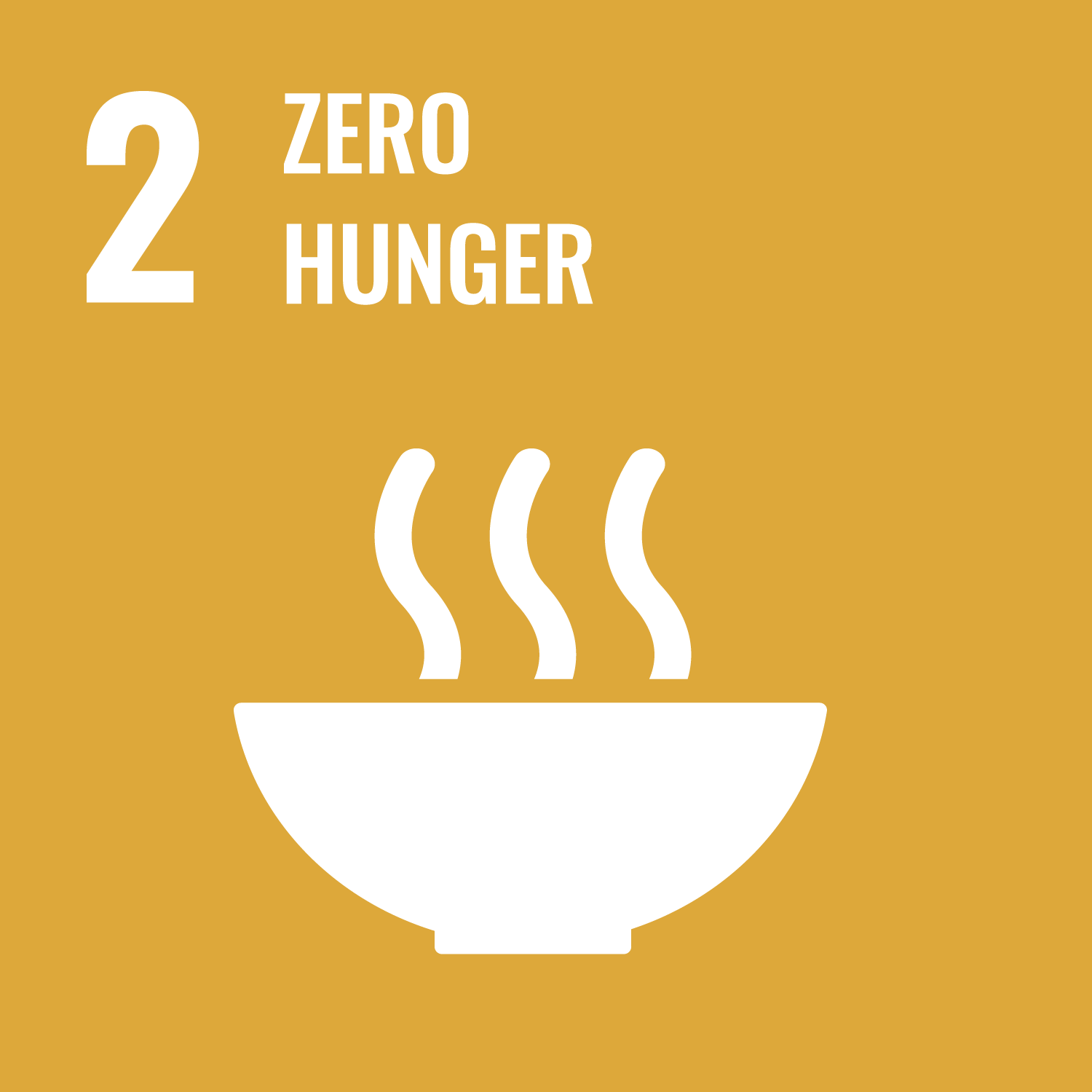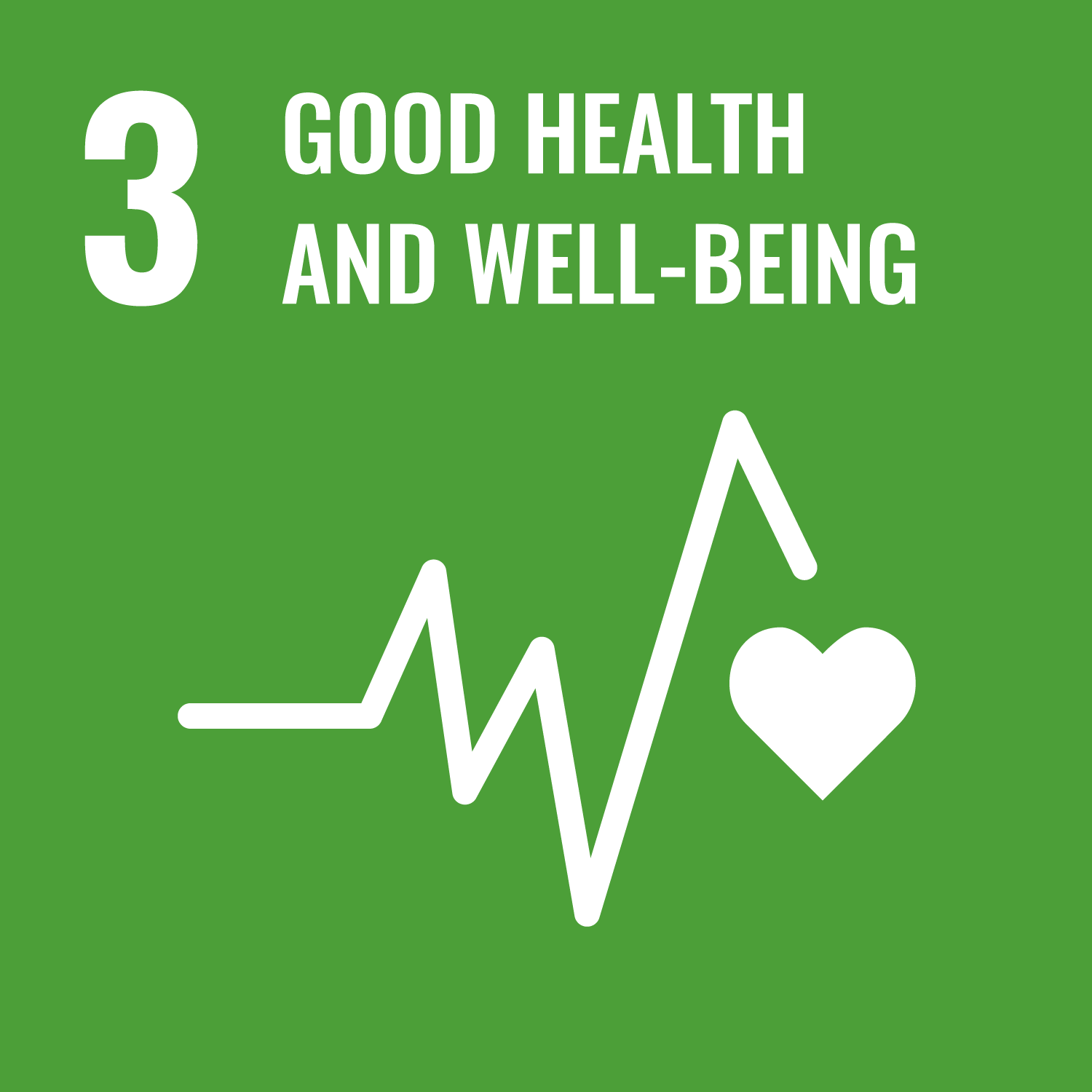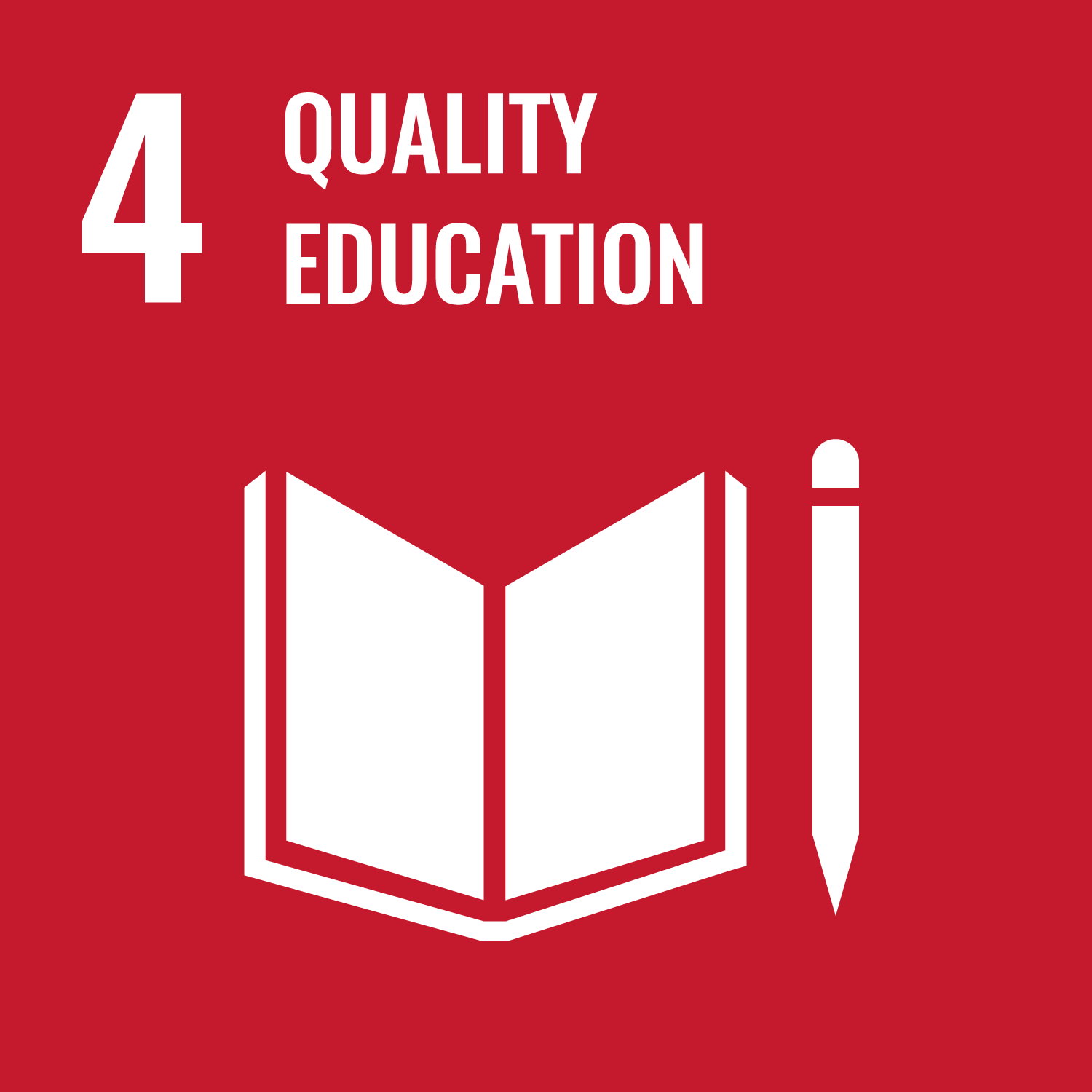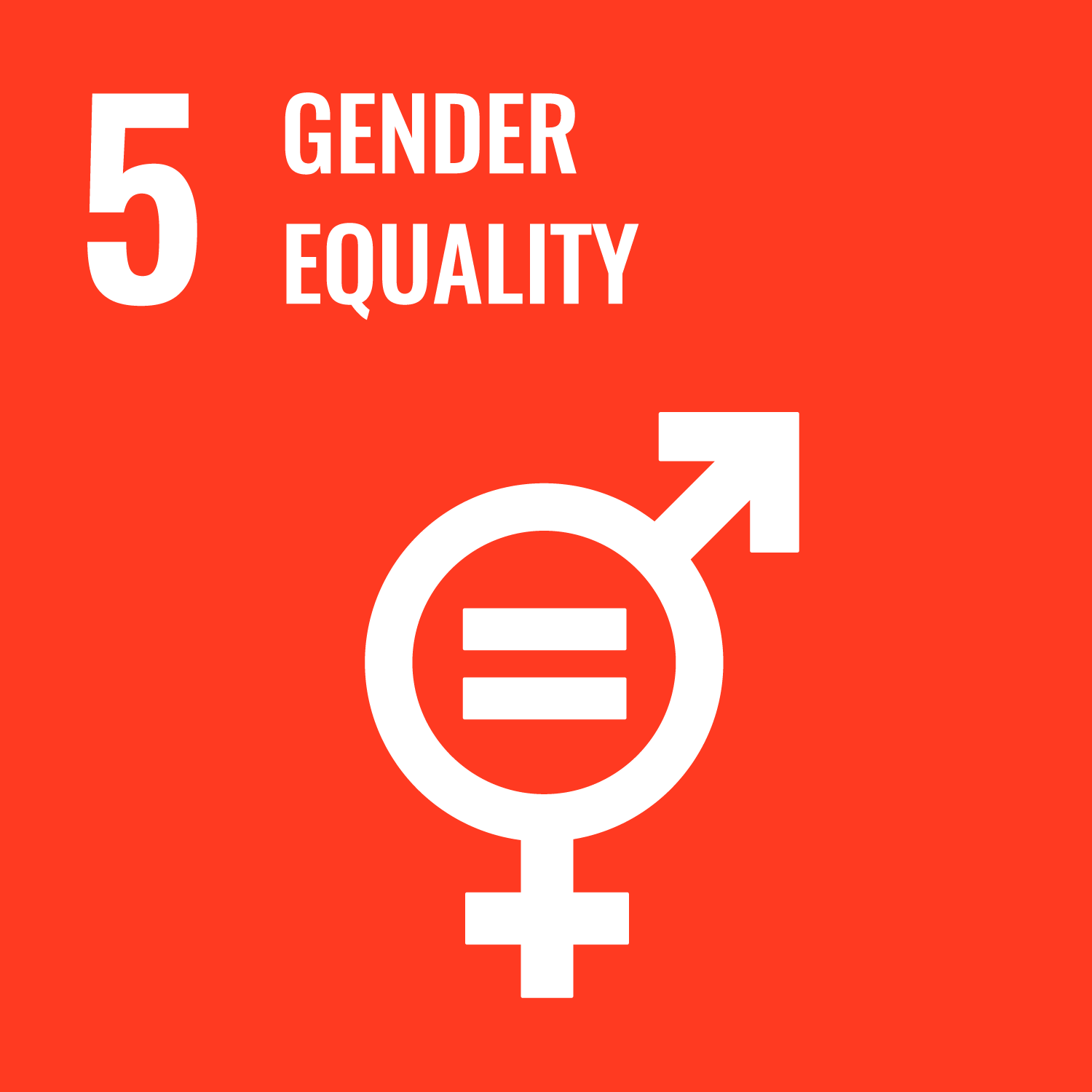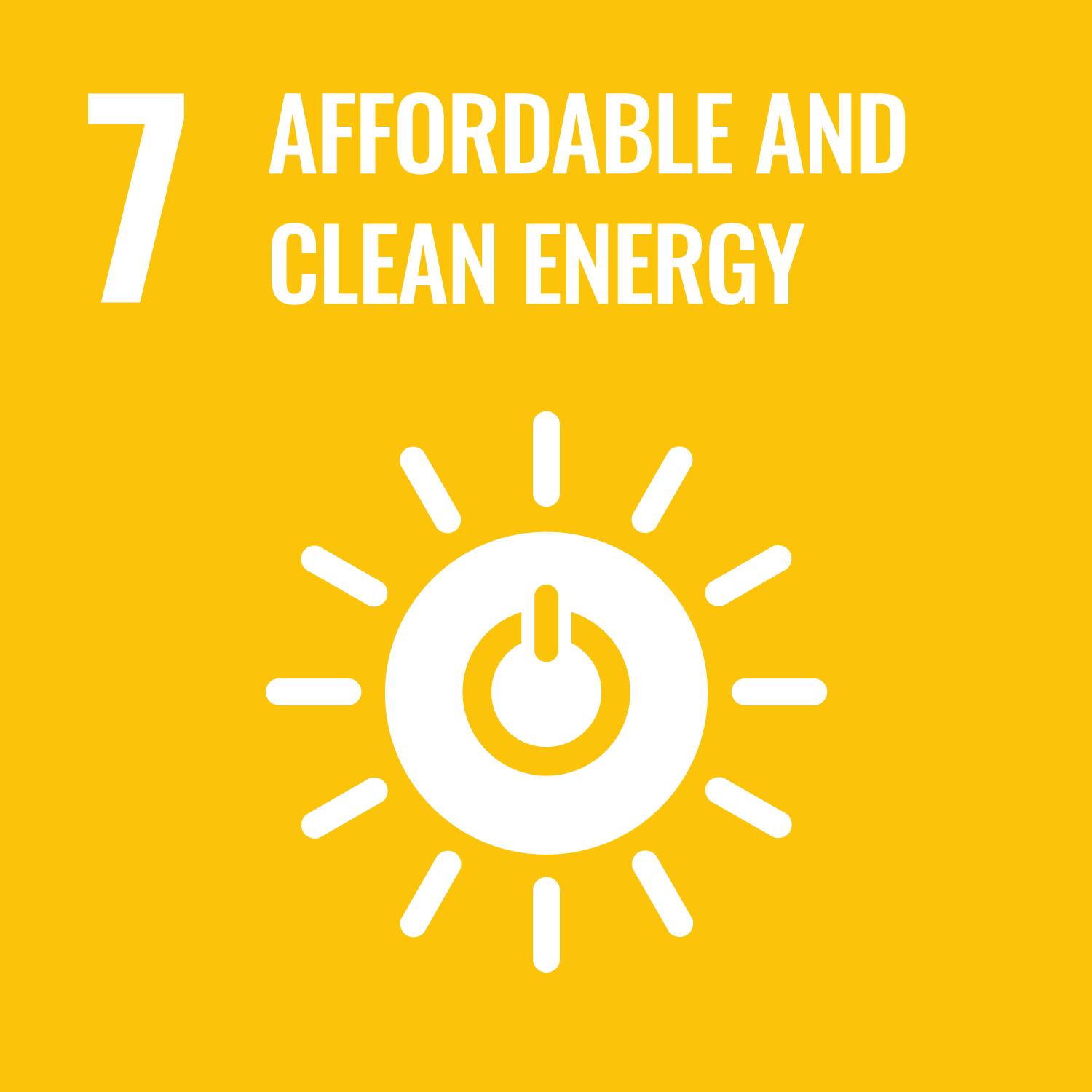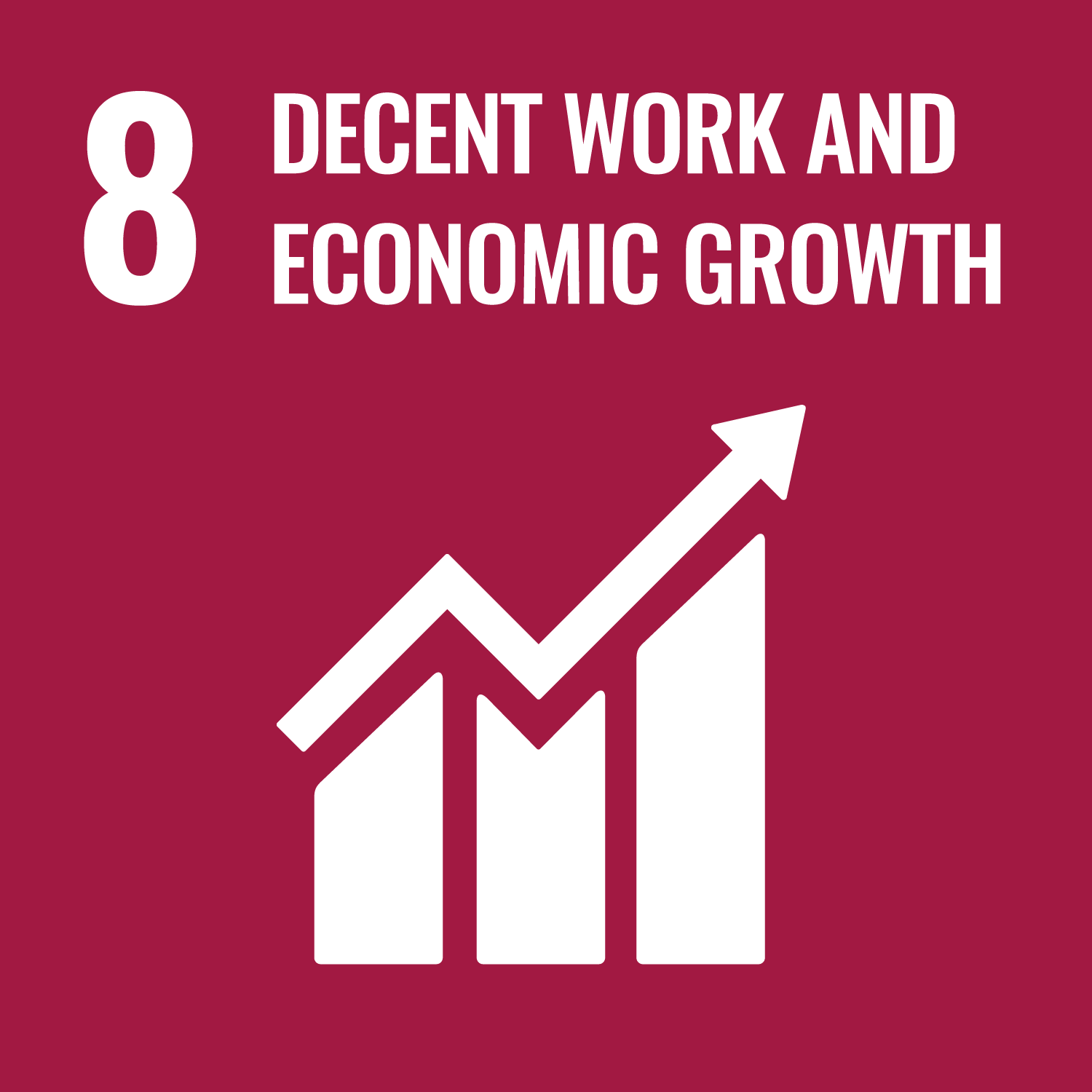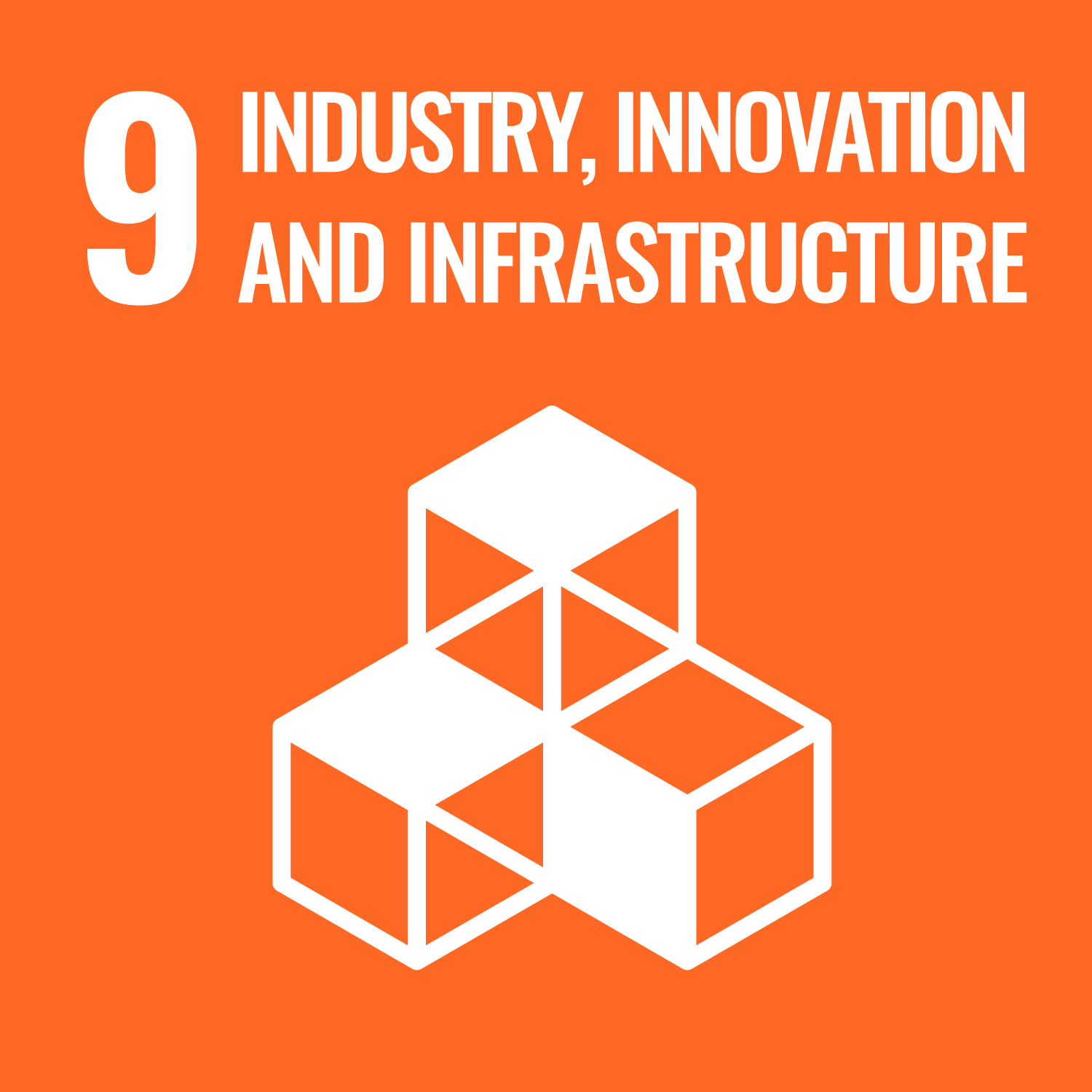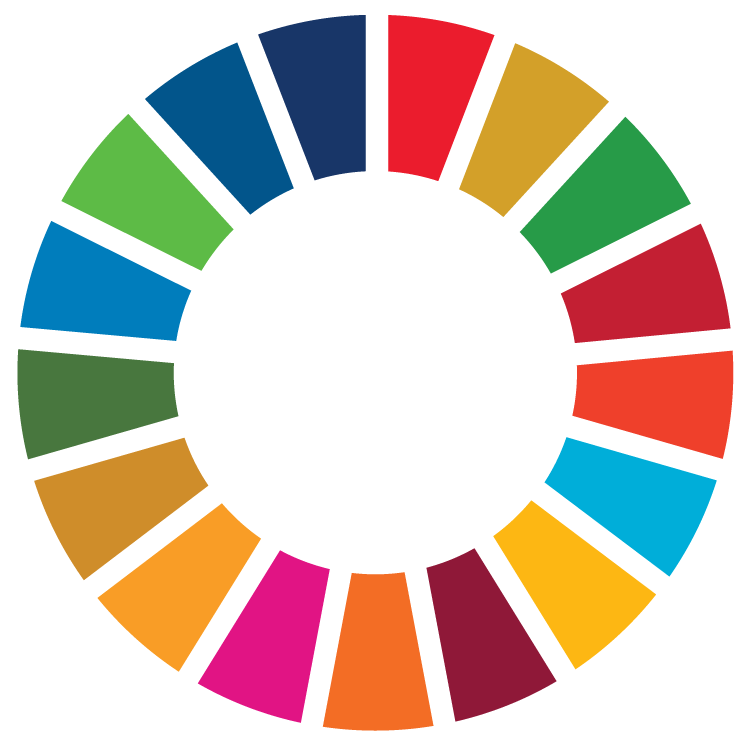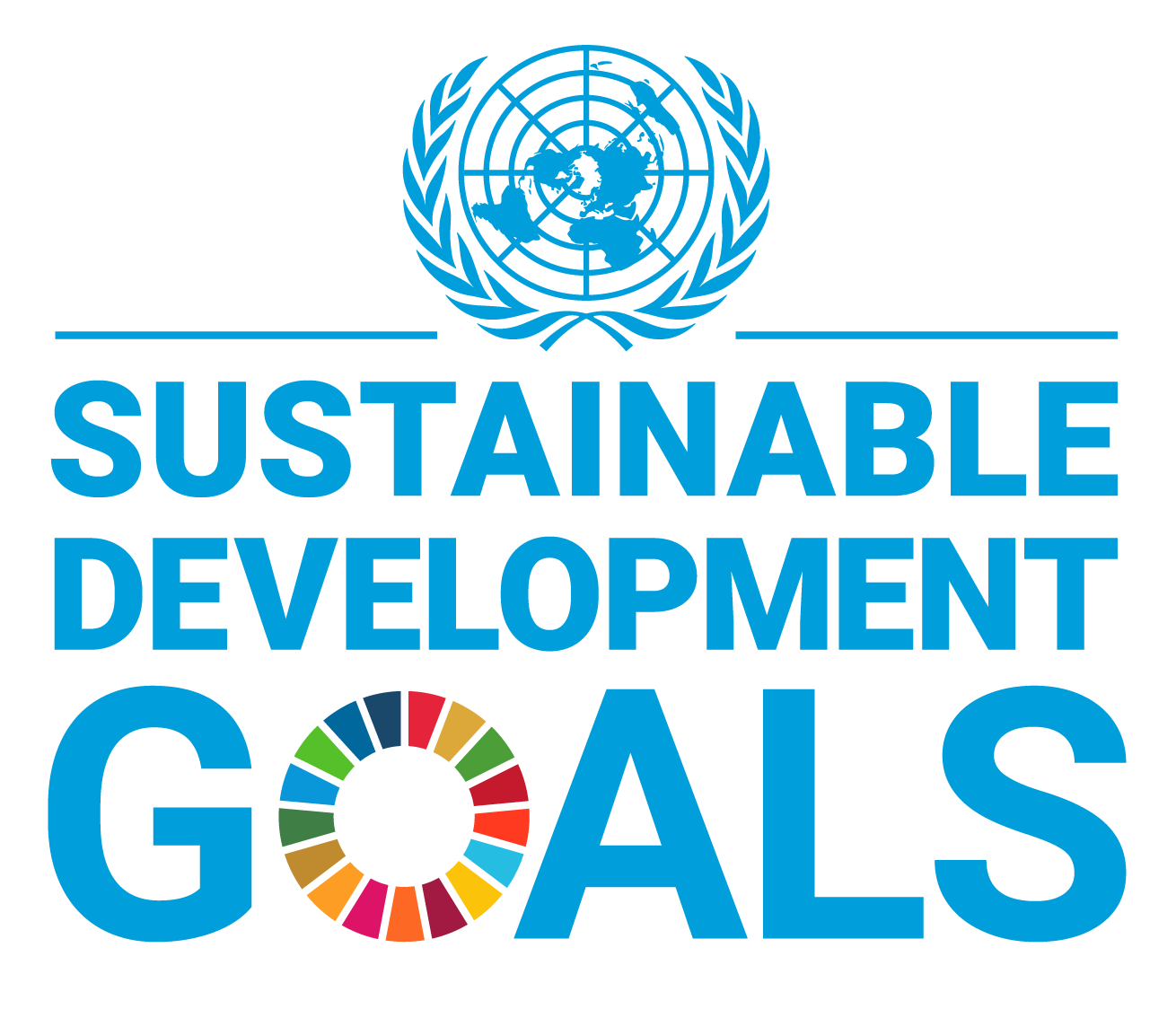- Beranda
- Tentang Kami
- Akademik
- Kemahasiswaan
- Riset
- Unit Layanan Fakultas
- LPPKM
- SDGs Initiatives
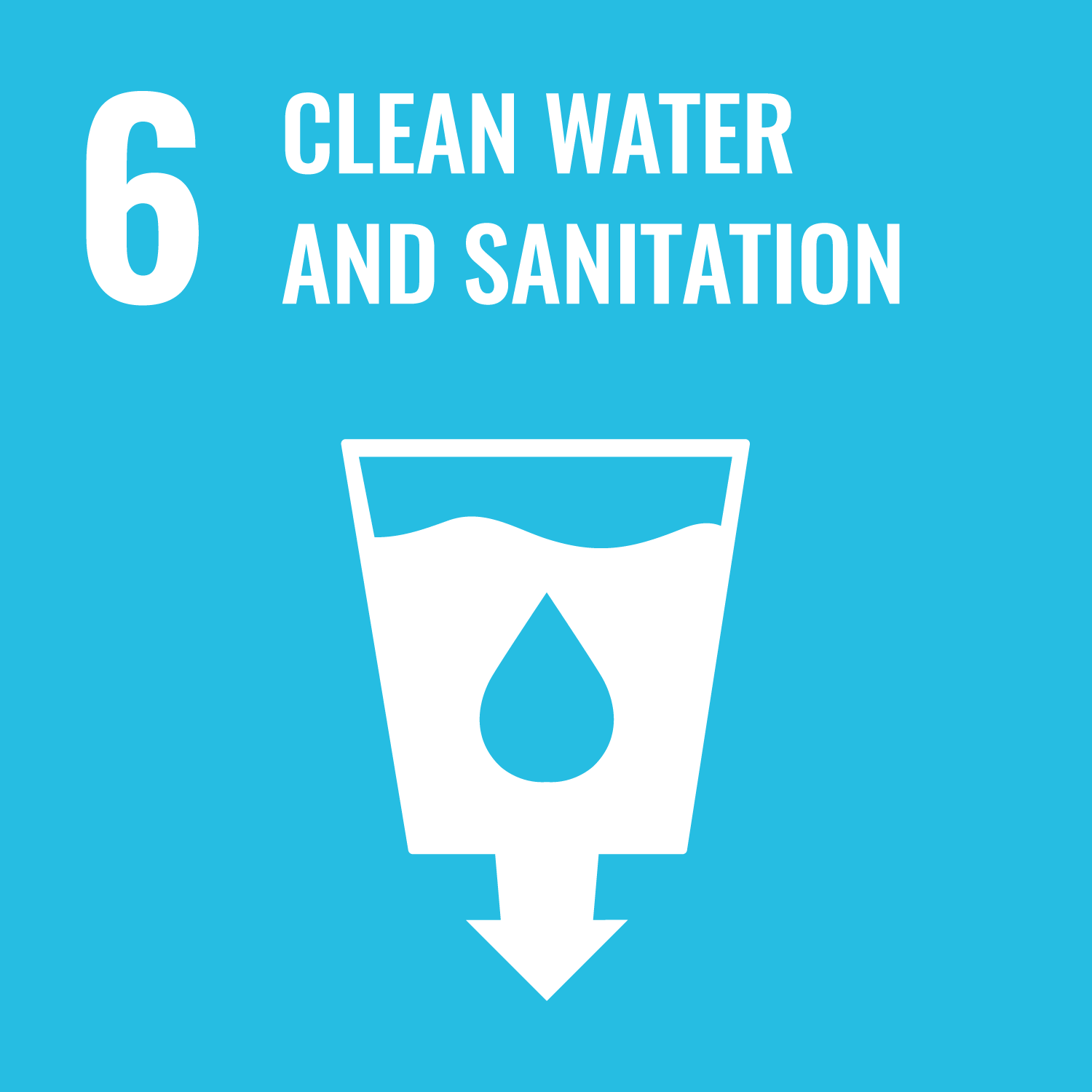

Measurement of total volume of water used within the faculty’s area has been conducted on a daily basis by the faculty’s facility maintenance team. This can be done simply by looking at the water meters installed on pumps in several areas of the faculty, then records the data in a logbook which will be summarized later on a monthly basis. Water usage within the faculty area is mostly for watering plants and for toilet usage. In 2023, water usage from the Faculty of Public Health reached 126,355 m3.
The Faculty of Public Health, Universitas Indonesia has four different methods for wastewater treatment:
1) Disposal of liquid waste at the Faculty of Public Health, Universitas Indonesia is still carried out mainly in the Matoa Canteen. Before being discharged into the septic tank/water catchment, liquid waste from the Matoa Canteen is handled technically using a grease trap, so that oil/fat can be handled separately to be disposed elsewhere by the university’s facility maintenance team. In other canteens within the faculty, the grease trap can be found in the form of a control tank which is cleaned every day.
2) The faculty has installed a filtration tool to process wash water from the canteens. This tool was installed in October 2023 and was fully used in November 2023 with expected output that the canteens’ wash water can be reused.
3) The faculty also utilizes liquid waste by having condensation water reservoirs for all air conditioners in the faculty. Condensed water is stored in holding tanks located at 6 points within the faculty, each with a capacity of 1,000 liters which is full within 2-3 days. The water collected in the tanks are used to clean floors and water plants by the faculty’s janitors.
4) A rainwater storage treatment plant was also installed within the areas of the faculty. Rainwater collected in the ground tank is channeled through pipes and filtered into clean water, then channeled to the toilet in Building G.
The prevention of water system pollution in the areas of the Faculty of Public Health, Universitas Indonesia, has been carried out for liquid waste from the canteens. A grease trap which has been installed in the canteens’ dishwasher since 2019, still being used to catch fat/oil from canteens’ wash water until now. The faculty also installed a filtration tool to process wash water from the canteens in October 2023 and was fully used in November 2023, so that the wash water can be reused.
The Faculty of Public Health provided ARSINUM (Air Siap Minum) (Ready-to-Drink Water) which can be found in two locations: in Lobby of Building A and Lobby of Building G. The ARSINUM is provided for free and can be used by students, staff, lecturers, and even visitors.
The Faculty of Public Health, Universitas Indonesia has a water reuse policy such as reusing water from the condensation water reservoirs for all air conditioners in the faculty. Condensed water is stored in holding tanks located at 6 points within the faculty, each with a capacity of 1,000 liters which is full within 2-3 days. The water collected in the tanks are used to clean floors and water plants by the faculty’s janitors.
Furthermore, by the end of 2022 the Faculty of Public Health, Universitas Indonesia has built a rainwater storage treatment plan in the areas of Building G. The rainwater is collected in a ground tank and then channeled through pipes to a filtration tube. The clean water is channeled to the toilet in Building G.
The measurement of water reuse has not been properly documented. Currently the faculty can only measure water reuse from the rainwater storage due to an installed water meter.
Lecturers from the Department of Environmental Health are actively involved in water management educational opportunities. In 2023, one of the lecturers from the department, Prof. Drs. Bambang Wispriyono, Apt., Ph.D., was appointed by the Dean of the Faculty of Public Health to join the National Coordination Meeting on Drinking Water and Sanitation. The event was organized by the Directorate General of Disease Prevention and Control from the Indonesia’s Ministry of Health.
The Environmental Health Student Association from the Faculty of Public Health, Universitas Indonesia has organized a Mangrove Restoration Donation program which aims to support conservation outside campus, namely to provide opportunities for the local community to participate in mangrove restoration to prevent coastal erosion and protect marine ecosystems. The funds collected were used to plant mangroves on Kartika Jaya Beach, Kendal Regency, Central Java.
In 2023, the Faculty of Public Health cooperated with the World Health Organization to strengthen laboratory-related competency of sanitarians at Puskesmas level. The purpose of this cooperation is to increase the laboratory related capacity of sanitarians at Puskesmas level.
The Faculty of Public Health, Universitas Indonesia has attempted to promote conscious water usage by providing water-saving equipment in the form of eco-washers in Building A toilets, automatic plant waterers using a timer, as well as eco-washers urinals. Promotion is also carried out through stickers and posters posted in the toilets and pantry to promote conscious water use.
The Environmental Health Student Association from the Faculty of Public Health, Universitas Indonesia promotes conscious water usage through social media such as Instagram which contains infographics specifically about SDG6: Clean Water and Sanitation.


